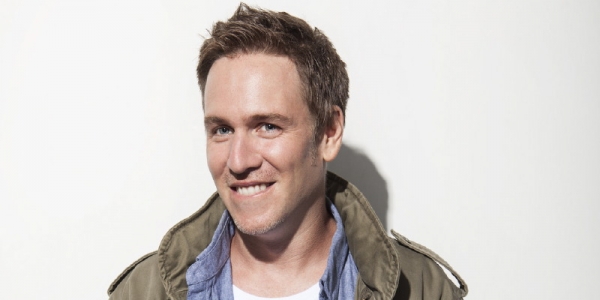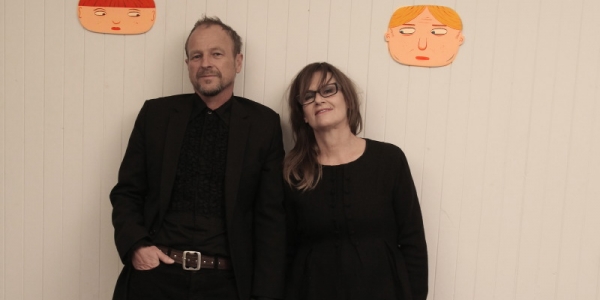“I’ll be honest, the first time I came I was on leave from a play I was doing in New York and they gave me like 48 hours. I flew in, taped a TV show and then flew immediately home. The last time I was there I played, I think it was a theatre inside of a casino, and I spent most of my waking hours gambling.”
The acclaim for Lynch’s live show and corresponding studio albums demands that he’s on tour for a large portion of the year. However, his traveling habits aren’t too excessive and he stresses the importance of taking time off.
“I tour during the fall and winter, spring and I take summers off. I need a few months of not thinking about this shit and just being able to do what I want, and keep my sanity I guess. The people who tour year round, I don’t know how they do it quite frankly. I would want to put a shotgun in my mouth.”
Many creative wanderers face difficulty coming up with new material while on the road and Lynch explains that he needs to remove himself from the frenzy in order to get his best work done.
“I have to force myself to do it, which doesn’t mean that an idea won’t just suddenly occur to me in the middle of something, but it’s a rare occurrence. It really does take a sort of discipline to make time every day to sit down and attempt to be creative. I have to intentionally make my brain work that way.”
Lynch goes on to add that if his waking self can’t pull it together he can always defer responsibility to the meanderings of his subconscious during reverie.
“When I fall asleep at night that’s when I tell my brain to think of something so when I wake up I have some ideas. My more intelligent and creative, but obviously much lazier, sleeping self should be able to get something done,” he laughs.
Laziness is a behavioural attribute commonly associated with comedians. Lynch speculates about the role laziness plays in his comedic endeavours.
“Maybe it’s part laziness and it’s partly the fact that you can’t just do the work. It has to be a pro-active thing and there’s an ingredient that’s not up to you. It’s up to some magical fairy who drops it into your brain. I’m speaking about inspiration of course, because you never know where that’s going to come from.”
Inspiration is vitally required to give his musical comedy a distinct edge and Lynch refers to the unreliability of inspiration’s generative powers.
“When you finally do drag yourself out of bed and go to wherever it is you consider ‘work’ it’s just a matter of hoping and praying for inspiration,” he says sincerely.
Despite the elusive nature of lucid inspiration Lynch does subscribe to the theory that you’ve got to work through the bad ideas before you can uncover quality material. He indicates that he’ll closely monitor the quality of his songs until he reaches something he thinks will endure.
“More days than not I leave with an empty pad of paper, but I’m not going to get anything done unless I try. If you just took any idea that came to you, you’d be very prolific but you’d also probably be shit. It’s good to edit yourself and to keep re-writing until you’re happy with what it is. In the long run you want to be able to look back and be proud of what you did.”
Lynch’s songs often deal with sensitive subject matter (such as mental disability on Special Ed and biblical history on Craig) and he explains that over the years he’s become increasingly careful about his jokes being received as offensive.
“It’s not something that I worried much about when I started. You know, you wanted to be rebellious and edgy and not afraid to say what’s on your mind. Now I think a little bit more about whom I’m targeting when I make these jokes and what am I saying and what I would want people to think I’m saying.”
Evidently Lynch understands that if his jokes aren’t rendered correctly they could be interpreted unfavourably.
“It’s a tough balance because you want to be funny and you want to be satirical and you want to be smart and if I’m offending the right people, then great, I don’t mind that. It’s just, I don’t want there to be casualties because of something I say that’s taken the wrong way,” he says.
Ultimately Lynch believes that comedy’s underlying critical substance can shift people’s opinions and he expands on this claim to suggest that saying things simply for shock value is a weak technique.
“You want something that’s going to last and that’s going to stay with people. You can still tackle subjects that are taboo, but if you can do it in a clever, insightful and smart way, and maybe even comment on it in the process, it’s much more satisfying than just getting people to gasp when you say something.”
BY AUGUST WELBY







